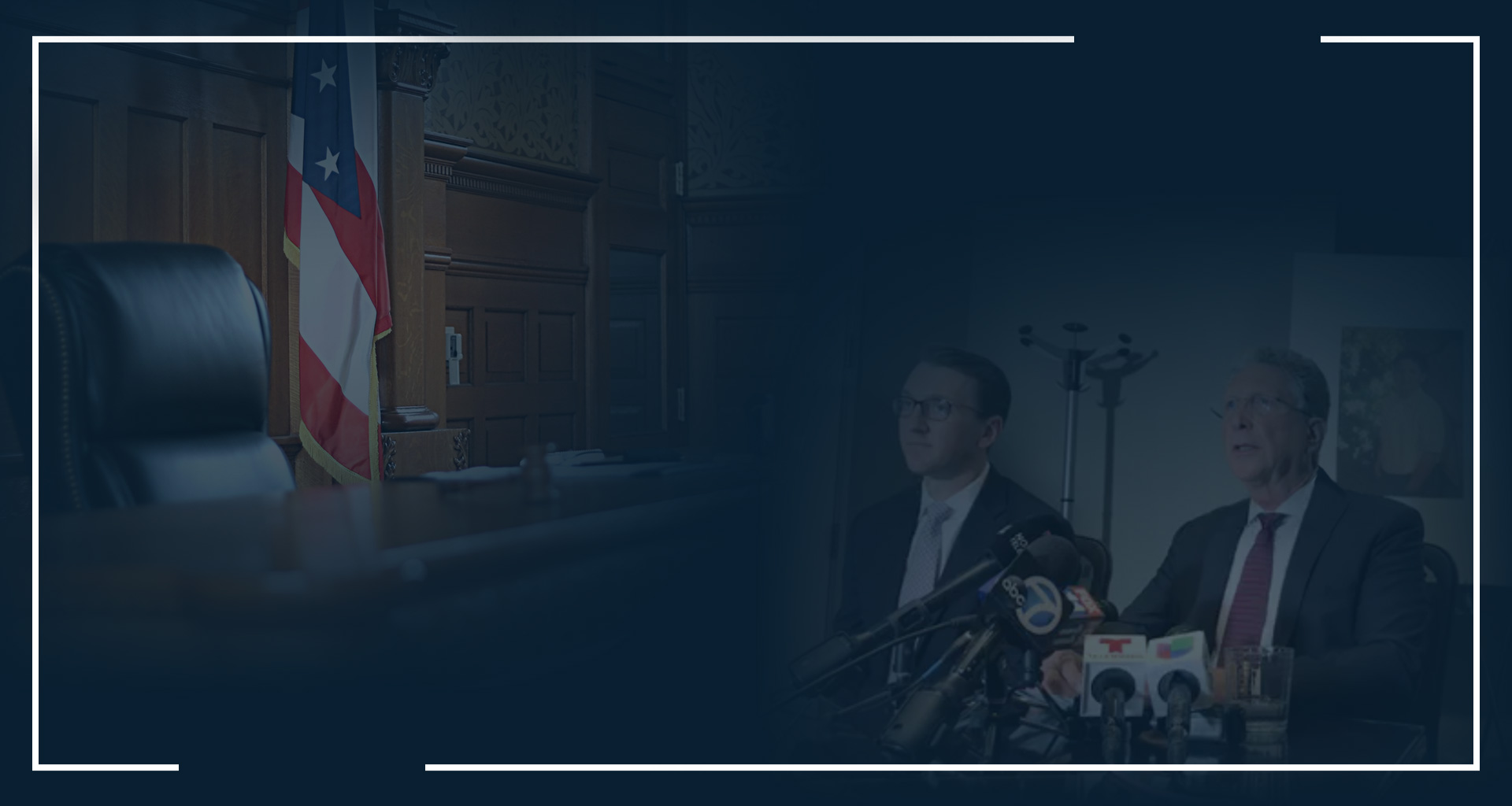Sexual abuse cases are among the most emotionally charged and complex legal matters in the judicial system. These cases often involve sensitive testimony, high public scrutiny, and significant consequences for both the accuser and the accused. When a person is accused of sexual abuse, the defense team employs a range of legal strategies to challenge the allegations, protect the defendant’s rights, and seek the best possible outcome.
While every case is unique, certain strategies are commonly used across many sexual abuse defenses. Understanding these tactics provides insight into how such cases are litigated and the dynamics involved in seeking justice.
Challenging the Credibility of the Accuser
One of the most frequently used defense strategies is to question the credibility of the alleged victim. Defense attorneys may investigate the accuser’s background, prior statements, and motivations for coming forward. If inconsistencies are found in their account of events, or if there is evidence of possible ulterior motives—such as financial gain, revenge, or custody disputes—this can significantly weaken the prosecution’s case. However, this approach must be handled delicately, as jurors may react negatively to aggressive tactics against someone claiming to be a victim.
Consent Defense
In some sexual abuse cases—especially those involving adults—the defense may not dispute that sexual contact occurred but instead argue that it was consensual. This strategy shifts the focus from whether the encounter happened to whether it was consensual. To support this claim, the defense may present communication records (such as texts, emails, or social media messages), witness testimony, or past behavior patterns suggesting mutual interest or consent. This defense is not applicable in cases involving minors or legally incapacitated individuals, as the law typically deems them incapable of giving legal consent.
Alibi and Lack of Opportunity
Another common strategy is to prove that the defendant could not have committed the alleged abuse due to being elsewhere at the time or lacking access to the accuser. An alibi defense requires strong evidence such as surveillance footage, time-stamped receipts, witness testimony, or travel records. Establishing that the defendant was not in a position to commit the alleged act can be a powerful form of defense, particularly in cases where the accusation relies heavily on the timeline.
False Memory or Suggestibility
In cases involving repressed or delayed memories—especially those that surface years after the alleged abuse—defense attorneys may argue that the accuser's recollections are unreliable. Psychological research has shown that memory can be influenced by suggestion, therapy, or trauma, leading to distorted or even false recollections.
Expert witnesses, typically psychologists or psychiatrists, may be called to explain how memory works and how false memories can form. This strategy can be particularly relevant in cases where no physical evidence exists, and the prosecution’s case is built primarily on testimonial evidence.
Insufficient Evidence
Sometimes the most straightforward defense is to argue that the prosecution has not met its burden of proof. In criminal law, the prosecution must prove the defendant’s guilt “beyond a reasonable doubt.” If the evidence is circumstantial, contradictory, or minimal, the defense may focus on highlighting these weaknesses. This approach does not require the defense to provide an alternative narrative—only to raise sufficient doubt in the minds of the jury.
Statute of Limitations
In some jurisdictions, sexual abuse charges must be brought within a certain time frame from when the abuse allegedly occurred. If the accusation is made after this period has expired, the defense can file a motion to dismiss the case based on the statute of limitations. However, many states have extended or eliminated these limits in response to public outcry over institutional cover-ups and delayed reporting by survivors. Therefore, this strategy depends heavily on the laws of the specific state or country and the timeline of the alleged offense.
Character Witnesses and Reputation
In certain cases, the defense may present character witnesses to attest to the defendant’s moral integrity and history of lawful behavior. These witnesses can include friends, colleagues, employers, or community leaders. While this does not directly refute the allegations, it can help to humanize the defendant and cast doubt on the plausibility of the accusations.
At The Zalkin Law Firm, LLP, we are deeply committed to supporting survivors of sexual abuse with compassion, respect, and unwavering dedication. We understand the courage it takes to come forward, and we’re here to stand by your side every step of the way. Our experienced legal team has helped countless survivors seek justice, hold abusers and institutions accountable, and begin the path toward healing.
We take the time to listen, to understand your story, and to fight for the justice and compensation you deserve. If you’re ready to take that step, know that you don’t have to do it alone—we’re here to help you move forward with strength and confidence.
To request a free case review with our experienced team, contact us today.

